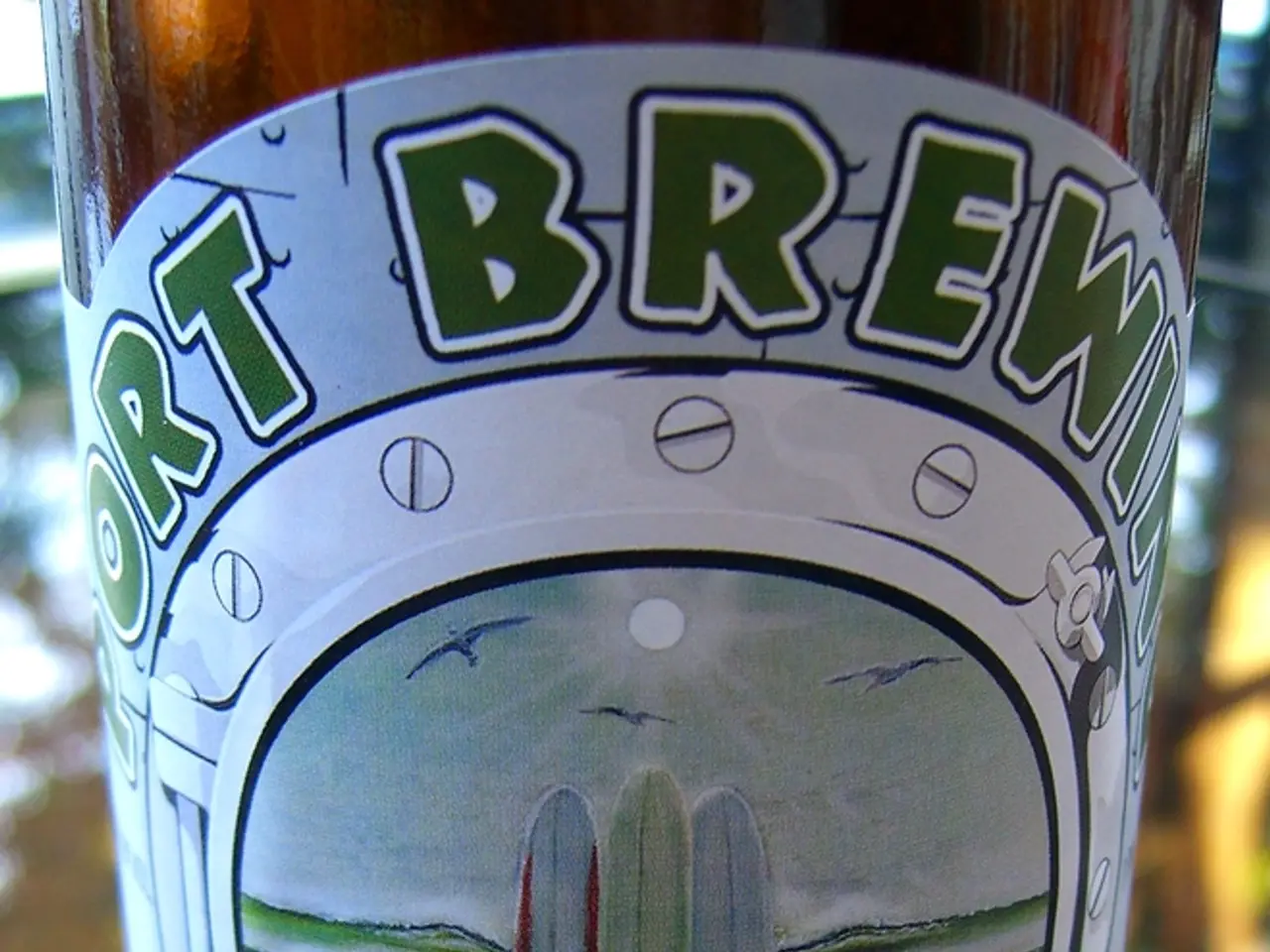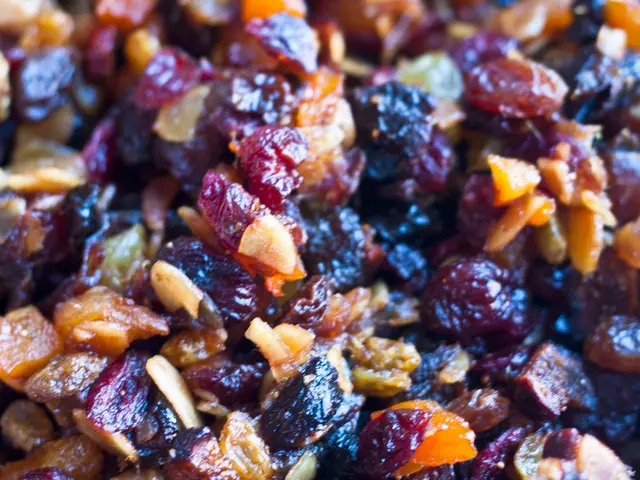Unveiling Progress in India's Biofuel Sector: Significant Learnings from the 12th CII Bioenergy Conference
India's commitment to sustainable and inclusive growth, as well as self-reliance in fuel production, was the focus of the 12th CII Bioenergy Summit. Hon'ble Union Minister for Road Transport and Highways, Shri Nitin Gadkari, led discussions on fast-tracked efforts to set up ethanol pumps in key states like Karnataka, Tamil Nadu, Uttar Pradesh, and Maharashtra.
The government's aim is to achieve a 20% ethanol blending in petrol by 2025, and India's ethanol blending in diesel has already increased from 1.53% in 2014 to 15% by 2024. Shri Gadkari emphasized the need to optimize biomass transportation and production costs, especially in regions like Punjab and Haryana.
The summit reflected India's remarkable progress in ethanol blending and bioenergy. Shri Sanjiv Puri, CII President, highlighted the role of biofuels in driving this growth. Mr. Shishir Joshipura, Co-chairman of the CII Committee on Bioenergy, emphasized the potential of ethanol as the starting point for various sustainable products, including bio-polymers and sustainable aviation fuel (SAF).
Automakers, including Suzuki, Tata, and Toyota, are preparing to launch flex-engine cars, while two-wheeler manufacturers like TVS, Bajaj, and Honda are waiting for ethanol pumps to begin selling ethanol-fueled bikes. Indian Oil's Panipat plant uses stubble as biomass, offering a partial solution to the pollution problem.
The Global Biofuels Alliance set ambitious goals to triple renewable energy capacity and double the annual growth rate by 2030. Mr. Tarun Sawhney, Co-chairman of the CII Committee on Bioenergy, urged discussions on future blending targets, such as E85 and E100.
Brazil and India share challenges due to climate change, such as weather anomalies affecting food security. Salil Gupte, Chairman of the CII Committee on Aerospace and President of Boeing India, stated that SAF could contribute up to 65% of the aviation industry's decarbonization efforts by 2050.
Shri Hardeep Singh Puri, Minister for Petroleum & Natural Gas, lauded India's progress in ethanol blending and expressed confidence in achieving the revised 20% ethanol blending target by October 2025. The government's supply chain optimization initiatives have saved Rs 250 crore annually in grain distribution.
In conclusion, the 12th CII Bioenergy Summit underscored India's commitment to green growth and self-reliance in fuel production. The ongoing research on blending 15% ethanol in diesel, the preparation of major automakers for flex-engine cars, and the readiness of two-wheeler manufacturers for ethanol-fueled bikes indicate a promising future for India's ethanol blending drive.
Read also:
- Beachgoers should be aware that potentially lethal "flesh-consuming bacteria" can survive in coastal environments. Here are safety precautions to follow.
- Soil-to-Plant Expedition: The Ionic Trek
- Middle East Nations Opt for Gradual Reduction Instead of Complete Elimination
- Ecocool Showcases Packaging Innovations for Pharmaceutical Deliveries at Transport Logistic Event








